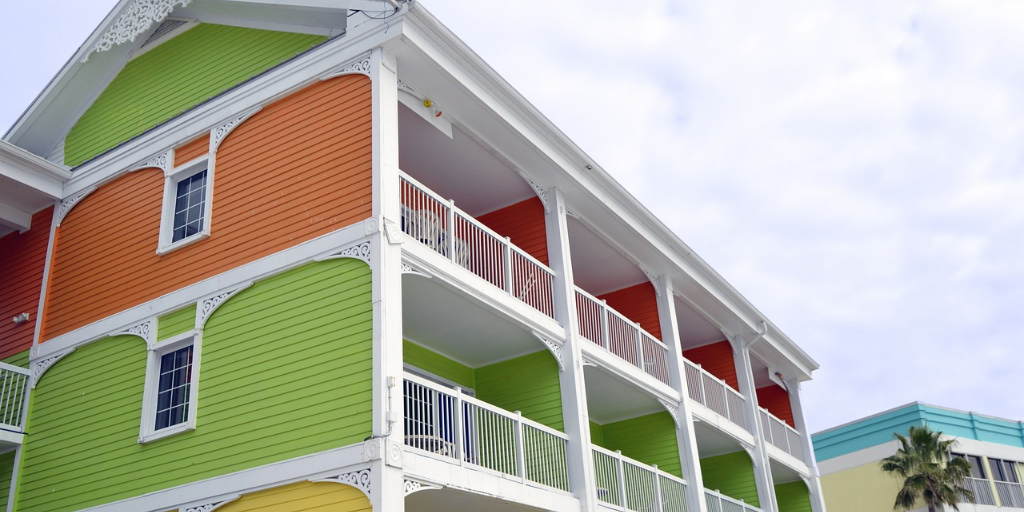In recent years, many condominiums, cooperatives, and homeowner associations have discussed the topic of short-term/vacation rentals. Due to the transient nature of these rentals, many associations look to the leasing provisions in their declarations and bylaws for the authority to significantly restrict or ban such rentals, and some have attempted to amend these documents to specifically prohibit these rentals.
By contrast, in resort and vacation locales, short-term/vacation rentals are the norm. In fact, in these communities, permitting short-term/vacation rentals may actually be necessary to maintain property values as many owners purchase these properties with the intent to rent them on a short-term, daily, or weekly basis.
When considering whether these short-term/vacation rentals are beneficial or detrimental to the health of communities, condominiums located within Maryland may have another factor to add to the discussion list: the impact these rentals may have on a condominium’s cost of insurance. In addition to all of the other types of insurance required by law and the condominium’s bylaws, condominiums typically also purchase umbrella insurance policies. Said insurance often covers property damage liability, bodily injury liability, and protection for landlords; it may even cover other claims, such as slander and false imprisonment. These umbrella policy premiums are hefty, and condominium owners pay for them as a common expense.
We recently learned that when it is time to renew an umbrella insurance policy, some insurance companies are quickly classifying Maryland condominiums as hotels if they permit unit rentals for terms less than seven days. These insurance companies are reviewing the myriad of Airbnb, VRBO, and other short-term/vacation rental websites to see if any unit or units in a particular condominium are listed for rent without a minimum seven day rental term. If there is one such unit — even if it has never actually been rented for less than seven days — these insurance companies are initially classifying the condominium as a hotel. Insurance representatives are then tasked with addressing the insurance company; providing ownership information of any given unit or units, more in-depth rental information, and condominium policies for given amenities; and seeking re-classification of the property as residential. With such a potential change in classification from residential building to hotel, condominiums can expect changes to their insurance policies, including an increase in insurance premiums, especially the portion related to an umbrella policy.
This issue is continuing to unfold, and we have not yet heard of any affected cooperatives or communities in the District of Columbia. Stay tuned for more updates.
For questions about this article or any other Community Association matter, please contact an attorney in our Community Association practice group.

